Date: 16 December 2008
Venue: Aula Magna del Rettorato, University of Torino (morning), and Museo regionale di Scienze Naturali (afternoon), Torino, Italy
The pamphlet
The programme
The objectives
Summary of scientific session presentations
Scientific session speaker's resume
Relevant informations about the Seminar
The 1st Korea-Italy joint seminar on climate change
9.00 Opening of the seminar
Dr. Federico Spanna, Phytosanitary Service, Regione Piemonte
Eng. Silvano Ravera, General Director, ARPA (Regional Agency for Environmental Protection) Piemonte
9.40 Section 1 – Climate Change – Chairman: Dr. Silvia Ferrarese
9.40 Dr. Antonello Pasini (IIA-CNR, Rome) - A New Brain for Better Understanding Climate Behaviour
10.10 Prof. Seon Ki Park (Ewha Womans University) - Assessing the Impact of Climate Change on Water Cycles
10.40 Prof. Claudio Cassardo (University of Turin) – Considerations on the Exceptional Heat Wave of Summer 2003
11.10 Coffee break
11.30 Dr. Eun-Soon Im (ICTP Trieste) - Potential Changes in Mean and Extreme Climate over Korea due to Global Warming Projected by the Regional Climate Model
12.00 Dr. Luca Mercalli (Italian Meteorological Society) - Climatic Change in Alpine Environment: Snow, Glaciers and Extreme Events
12.30 Student’s sub-Section
12.30 Mr. Marco Galli (University of Turin) – The Effects of Climate Change on the Energy Balance in the Po Valley and the Alpine Area
12.45 Miss Seung Min Oh (Ewha Womans University and University of Turin) – The Hydrological Effects of Climate Change in the Po Valley and the Alpine Area
13.00 End of sub-Section and Section 1
13.00 Lunch
Conference room - Regional Museum of Natural Sciences
15.00 Section 2 – Effects of Climate Change on Environment, Economy and Politics – Chairman: Prof. Seon Ki Park
15.00 Prof. Roberto Burlando (University of Turin) - Bio-economics, Climate Change, Energy and Development Patterns: Preannounced Crises vs. Structural Adjustments
15.30 Prof. Jeong-In Kim (Chung-Ang University) - Bali Road Map and the Key Issues in the Future
16.00 Prof. Yong Pyo Kim (Ewha Womans University) - Below-cloud Scavenging Process: Comparison between the Modeling and the Measurement Results
16.30 Coffee break
17.00 Prof. Sang Don Lee (Ewha Womans University) - Spatio-temporal Mismatches in Species Responses to Climate Change in Korea and Japan
17.30 Prof. Marco Deriu (University of Parma) - The Times of the Nature and the Times of the Politics: The Democracy in Front of the Environmental Crisis
20.00 Dinner
The objectives
The seminar, which will be an important moment of Italian-Korean cooperation, has the aim of encouraging the discussion on an issue of growing importance, not only because the arguments are actual, but also because they solicit cultural and social considerations and the establishment of a new relation between man and environment. The seminar is therefore a valuable opportunity to deepen the knowledge on the phenomenon of climate change and the definition of the best methods and models to assess the future effects of these changes at a global level. The topics covered by this seminar are also important in terms of the debate in major international meetings, first of all those of the United Nations, as mentioned several times by the Secretary-General Ban Ki-Moon, as well as the G8 meetings since 2006, and they will be highlighted even under the Italian presidency in 2009.
The IPCC (International Panel on Climate Change), in its latest report, has unequivocally attributed to human activities the responsibility for the recent and rapid global warming. Several studies published in high-level international scientific journals indicate that climate change will have big repercussions in several areas and activities. In the recent years, meetings at an international level are more and more frequent, and every Country (those involved directly in the Kyoto Protocol and those involved in the post-2012) should actively work for a significant reduction of greenhouse gases released into the atmosphere. Careful studies of the climatology, even at a regional scale, allowing to evaluate some possible consequences of certain phenomena already occurring (sea level increase, desertification, increase of severe storm frequency, etc.) are needed in order to better plan the human future activities, and can be seen as the most effective response to the emergencies related to changes climate and global warming.
With respect (and in addition) to the 1st Joint Seminar, the 2nd Joint Seminar propose an additional session (in the afternoon) in which there will be a discussion not only over the scientific issues directly related to the climate change, but also over the aspects of the impact of such changes on the social life, on the environment and on the economy.
For the reasons above mentioned, it is important to ensure that the information on these issues will not remain confined within the scientific community, but could be disseminated in a scientifically correct way even among the common people, and especially among the students. Thus, this seminar is open to the students of every school and university, and will also be a useful occasion for the teachers in the secondary schools, and, in general, for collegues. As occurred in occasion of the 1st Joint Seminar, the participation of representatives of political institutions at national and local level, and of employees of the Embassies of foreign countries in Italy, is also expected and will be welcomed. The presentations of the speakers and other material useful in order to spread the topics covered by the seminar will be collected and translated in a database form that will be made available after the event and distributed to schools and teachers that will join the initiative. Finally, it is planned to publish a paper in a special edition of the Torino University monthly magazine and a comprehensive summary of the conference on the web pages of the Department of General Physics "Amedeo Avogadro".
Summary of scientific session presentations
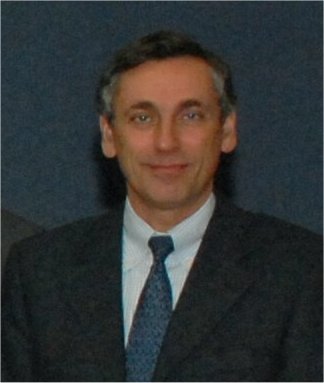 |
Dr. Antonello Pasini Institute of Atmospheric Pollution CNR - National Research Council via Salaria Km 29.300 00016 Monterotondo Stazione (Rome) Italy phone: +39-06-90672274; fax: +39-06-90672660 e-mail: pasini_AT_iia.cnr.it |
A New Brain for Better Understanding Climate Behaviour
The standard approach to the reconstruction of past climate and to the projection of future changes is founded on dynamical modelling. Here I present a complementary attitude in terms of a more “holistic” modelling strategy, by applying artificial intelligence techniques. These two distinct approaches show very similar results in reconstructing recent climate changes and they may be used together for forecasting purposes.
Several applications of a neural network model involving climate change (at different spatial scales) are shown and their results are presented and discussed. We will see that the adoption of an artificial brain in order to investigate the climate system leads to better understand its complex behaviour and supplies us with a further instrument for deepening our knowledge and for fine-tuning our future actions on this vulnerable system.
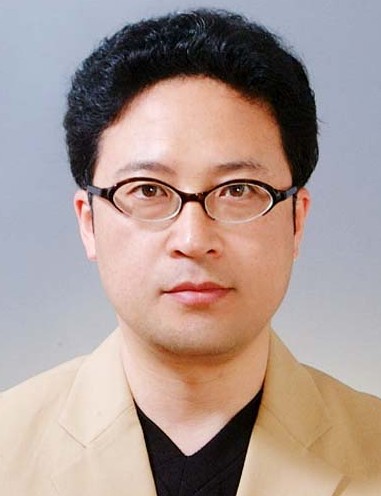 |
Prof. Seon
Ki Park Severe Storm Research Center Department of Environmental Science and Engineering Ewha Womans University 11-1 Daehyun-dong, Seodaemun-gu, Seoul 120-750 Republic of Korea phone: +82-2-3277-3331; fax: +82-2-3277-3275 e-mail: spark_AT_ewha.ac.kr, spark.ewha_AT_gmail.com Home page: http://home.ewha.ac.kr/~spark/ |
Assessing the Impact of Climate Change on Water Cycles
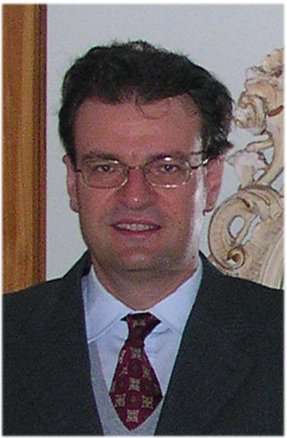 |
Prof.
Claudio Cassardo Department of General Physics “Amedeo Avogadro” University of Torino Via Pietro Giuria 1 10125 Torino Italy phone: +39-011-670-7407; fax: +39-011-658-444 e-mail: cassardo_AT_ph.unito.it Home page: http://www.ph.unito.it/~cassardo/ |
Considerations on the Exceptional Heat Wave of Summer 2003
Analysing the period with the help of a SVAT (Soil Vegetation Atmosphere Transfer) scheme, it was possible to evidentiate the physical mechanism which has contributed to exhacerbate the heat wave. The amount of global and net radiation was much larger than normal, and this excess of energy available in the surface layer was converted mainly in an increase of the sensible heat flux, while the latent heat flux was reduced by the scarcity of soil moisture due to the lack of precipitations in the previous winter.
 |
Dr. Eun
Soon Im Present affiliation: The Abdus Salam International Centre for Theoretical Physics P.O. BOX 586, I-34100 Trieste Italy phone: +39-040-224-0360; fax: +39-040-224-0449 e-mail: eim_AT_ictp.it Permanent affiliation: Climate Research Lab., Meteorological Research Institute (METRI) 460-18, Shindaebang-dong, Dongjak-gu, Seoul, 156-720 Republic of Korea phone: +82-2-847-2852; fax: +82-2-847-2853 |
Potential Changes in Mean and Extreme Climate over Korea due to Global Warming Projected by the Regional Climate Model
In this study, we present an analysis of future climate change over Korea from the downscaled climate change scenario. For simulating the fine-scale climate information over Korea characterized by complex topography and coastline, we developed the one-way double-nested regional climate model system (RegCM3). The mother domain covers East Asia at 60 km grid spacing while the nested domain focuses on the South Korean peninsula at 20km grid spacing. Using this modeling system, we perform the dynamic downscaling of the ECHAM5/MPI-OM A1B scenario covering a 130-year long period (1971-2100). To obtain the confidence in a future climate projection, we first evaluate the reference simulation (1971-2000) against observation. We then address the future change aspects in response to anthropogenic emission forcing. The mean climate state as well as the frequency and intensity of daily extreme events are investigated at various temporal and spatial scales. In addition, the multi-decadal length of our simulation allows us to examine interdecadal variability and trends of the climate change signal, thereby providing a more reliable projection. It is expected that this study is significant as it provides the baseline information for detecting and guiding the regional climate change over Korea due to global warming.
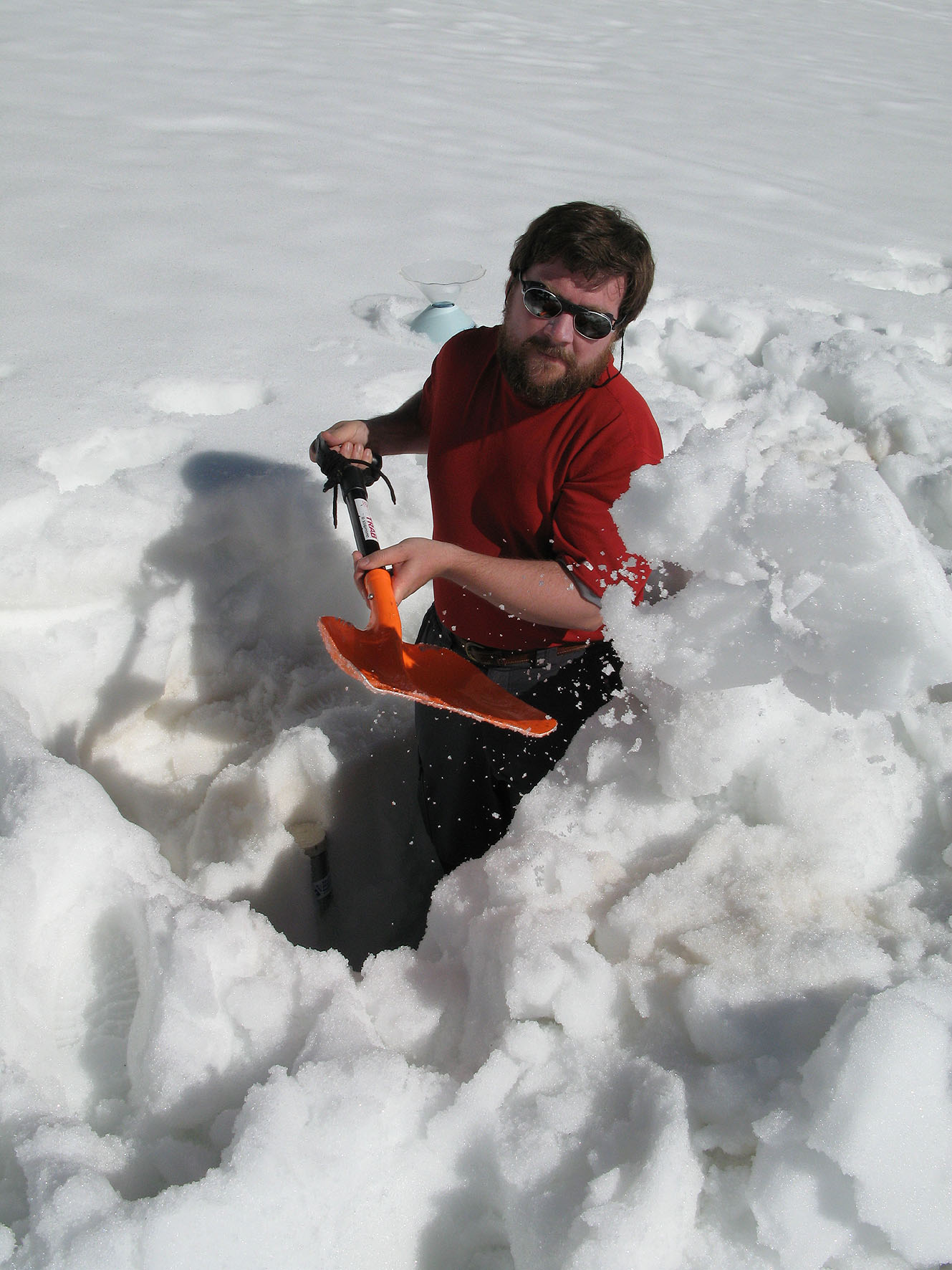 |
Dr. Luca
Mercalli Italian Meteorological Society Castello Borello - 10053 Bussoleno (Torino) Italy phone: +39-0122-641-726; fax: +39- 0122-641-914 e-mail: luca.mercalli_AT_nimbus.it |
Climatic Change in Alpine Environment: Snow, Glaciers and Extreme Events
Mountain environment is particularly sensitive to climatic change. In Western Alps, snowpack was monitored for a century, and has shown a significative reduction in amount and duration. Glacier area show a 50% reduction in the period 1850-2000. Mass balance measurements in Gran Paradiso mountain range give a mean recent loss of about 1.7 m water equivalent yr-1, compared with -1.1 m in the 1992-2001 period. Glacial hazards like supraglacial lakes threatened the alpine villages, as in the case studies of Rocciamelone and Belvedere, included in the Glaciorisk European project.
This collapse of mountain cryosphere is consistent with the temperature increases measured in local weather observatories during the last two centuries, accounting for 1.1 °C following the result of the European project Alp-Imp and the data base Histalp.
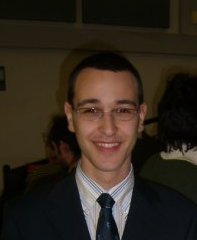 |
Mr. Marco
Galli Department of General Physics “Amedeo Avogadro” University of Torino via Pietro Giuria 1, 10125 Torino, Italy phone: +39-011-670-7877; fax: +39-011-658-444 E-mail: galli_AT_studenti.ph.unito.it Home page: http://www.ph.unito.it/~galli/ |
The Effects of Climate Change on the Energy Balance in the Po Valley and the Alpine Area
The effects of climate change on the soil-atmosphere interface energy balance will be analyzed. The goal of the ongoing work is to create a dataset which includes the variables that describe the soil hydrologic and energy balance in the present and future climate for a mesoscale river basin, the Po Valley, and its surrounding mountains, the Alps.
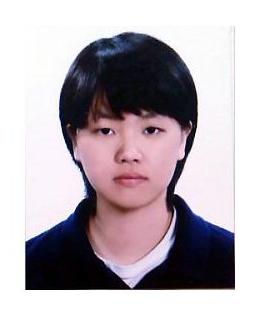 |
Miss Seung
Min Oh Present address: Department of General Physics “Amedeo Avogadro”, University of Torino Via Pietro Giuria 1, 10125 Torino, Italy phone: +39-011-670-7877; fax: +39-011-658-444 Permanent address: Department of Environmental Science and Engineering Ewha Womans University 11-1 Daehyun-dong, Seodaemun-gu, Seoul 120-750 Republic of Korea phone: +82-2-3277-4237; fax: +82-2-3277-3275 E-mail: s-ungmin_AT_hanmail.net Home page: http://www.cyworld.com/s_ungmin/ |
The Hydrological Effects of Climate Change in the Po Valley and the Alpine Area
This presentation will be focused on the hydrological parts, especially the soil moisture, due to its importance in the extreme events such as floods or droughts.
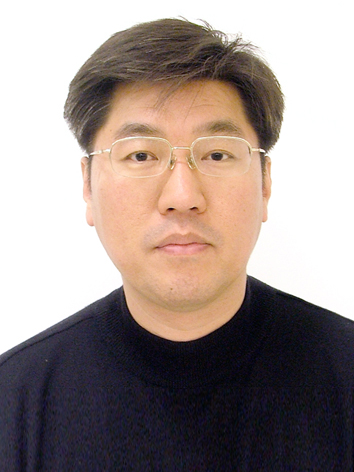 |
Prof.
Jeong-In Kim Department of Industrial Economics Chung Ang University Ansungcity Naeri San 40-1, Kyunggido Republic of Korea phone: +82-31-670-3044; fax: +82-31-675-1381 e-mail: jeongin_AT_cau.ac.kr Home page: http://www.idecon.net/ |
Bali Road Map and the Key Issues in the Future
When we think about the Bali road map, several issues such as NAMA, MRV (Measable, Reportable and Verifiable) and sectoral approaches will be hot issues in the UNFCCC.
In this talk, we review Korean situation government's strategy for the next COP and try to suggest some ways of handling for these issues. Finally we will give some suggestions for the Korean goverment as well as UNFCCC.
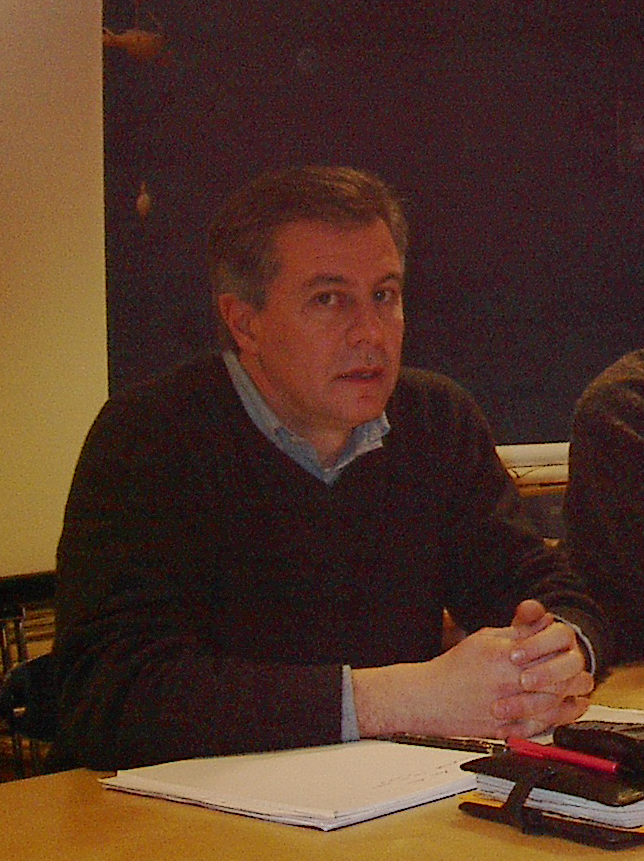 |
Prof.
Roberto Burlando Department of Economics University of Torino via Po 53, 10124 Torino Italy phone: +39-011-670-3872; fax: +39-011-670-3895 e-mail: roberto.burlando_AT_unito.it Home page: http://www.de.unito.it/web/member/burlando/home/index.html |
Bio-economics, Climate Change, Energy and Development Patterns: Preannounced Crises vs. Structural Adjustments
Technical analyses
Cost-benefit analyses – the Stern review
Global scenario analysis
Crises and/or structural changes?
The “cruel dilemma” revised
Globalization, consumerism and “rogue” economies
Development patterns
Theoretical requirements and changes to face the new challenges
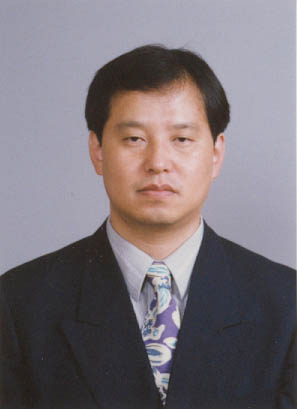 |
Prof. Yong
Pyo Kim Department of Environmental Science and Engineering Ewha Womans University 11-1 Daehyun-dong, Seodaemun-gu, Seoul 120-750 Republic of Korea phone: +82-2-3277-2832; fax: +82-2-3277-3275 e-mail: yong_AT_ewha.ac.kr Home page: http://home.ewha.ac.kr/~yong |
Below-cloud Scavenging Process: Comparison between the Modeling and the Measurement Results
Coauthors: Chang Hoon Jung*, Soo Ya Bae
*Department of Environmental Health, Kyungin Women’s College, Incheon 407-740, Korea
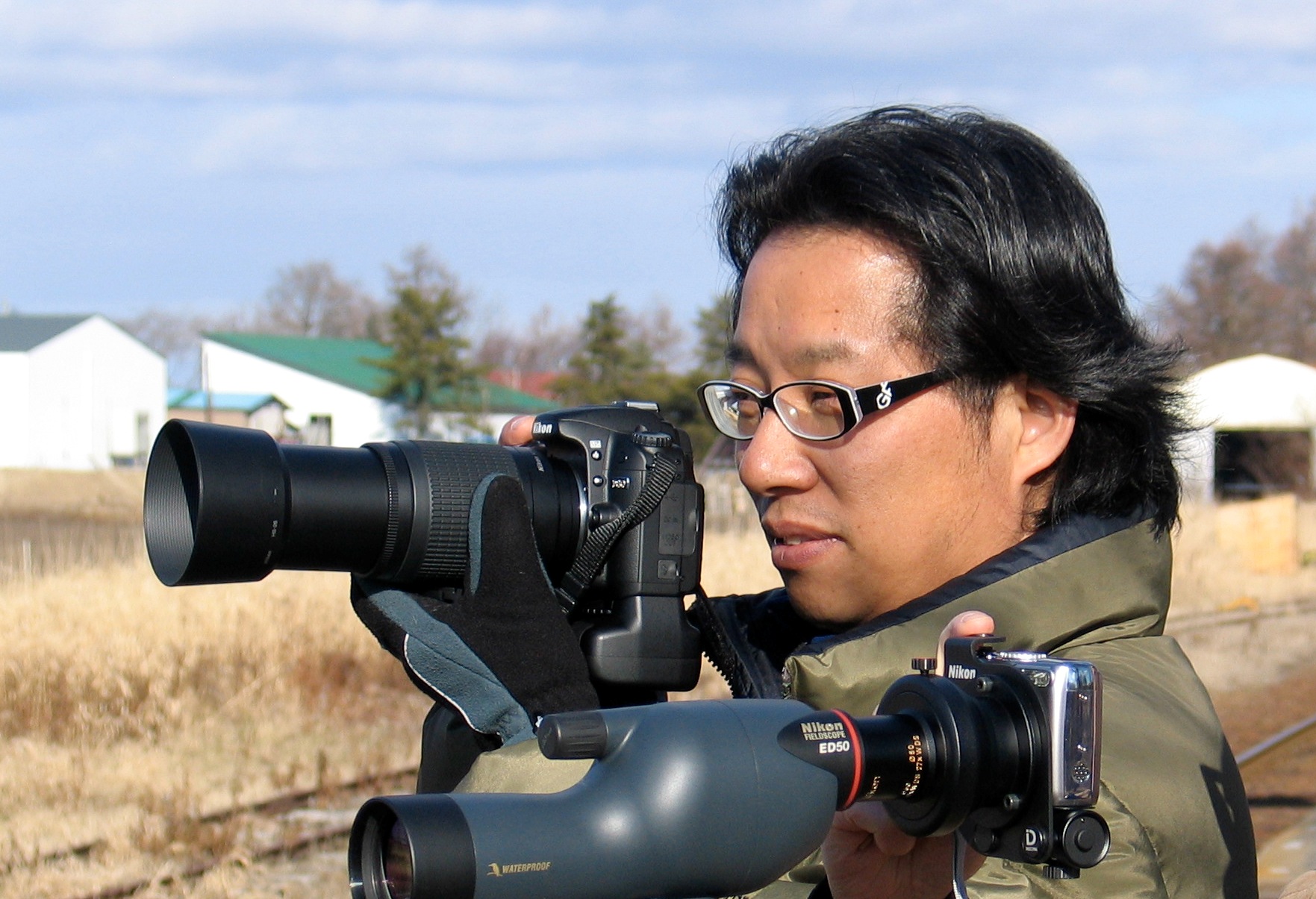 |
Prof. Sang
Don Lee Department of Environmental Science and Engineering Ewha Womans University 11-1 Daehyun-dong, Seodaemun-gu, Seoul 120-750 Republic of Korea phone: +82-2-3277-3545; fax: +82-2-3277-3275 E-mail: lsd_AT_ewha.ac.kr Home page: http://home.ewha.ac.kr/~lsd |
Spatio-temporal Mismatches in Species Responses to Climate Change in Korea and Japan
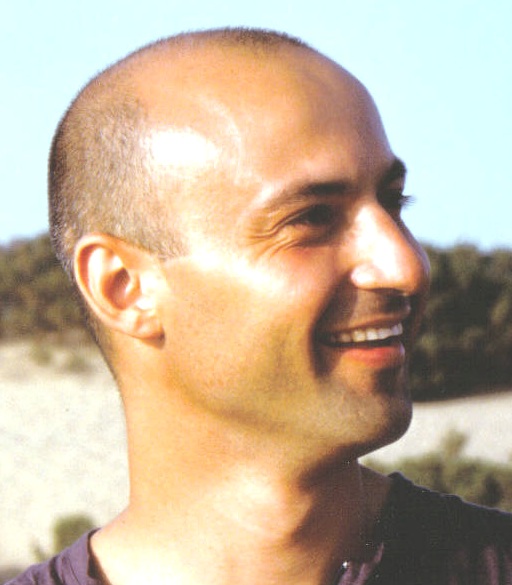 |
Prof. Marco
Deriu Department of Political and social Studies University of Parma Borgo Carissimi, 10 - 43100 Parma Italy Phone: +39-0521-463-800; fax: +39-0521-034-872 E-mail: marco.deriu_AT_unipr.it Home page: http://www.unipr.it/www.php?info=Rubrica&tipo=pers&ID=714 |
The Times of the Nature and the Times of the Politics: The Democracy in Front of the Environmental Crisis
1) the consensus-consumption nexus, that is the implicit link between socio-political balance and the maintenance of a growth society, both at a material and at a symbolic level;
2) the effective conditions and possibility for a democratic participation, in a period when the political institutions lose their power, in front of external decisional arenas;
3) the ties of democratic power, that is the relation between democratic legitimacy, and environmental, social and generational limits;
4) the temporal coordinates of the democratic politics, that is the time frames on which the democratic discussion and decision system are based.
Scientific session speaker's resume
| Dr. Antonello Pasini |
Researcher at the
Institute of Atmospheric Pollution, National Research Council (CNR)
Leading scientist of a CNR project regarding the application of neural modeling to climate change studies Author of neural models for climate-attribution studies and for forecasting physical variables in the boundary layer Author of more than 60 scientific papers and of some books, and co-editor of the book "Artificial intelligence methods for the environmental sciences“, in press on Springer 1990: Specialization
in Physics of the atmosphere and Meteorology at the Italian
Meteorological Service
1986: Specialization in General and Theoretical Physics at the University of Bologna 1985: Graduation in Physics at the University of Bologna 1999-present: Researcher at the National Research Council (CNR) 1988-1999: Meteorologist at the Italian Meteorological Service |
| Prof. Seon Ki Park | Professor
of Environmental Science and Engineering Director of Severe Storm Research Center, Ewha Womans University, Seoul, Korea Editor-in-Chief, Atmosphere, Korean Meteorological Society 1990-1996: Ph.D. in Meteorology, University of Oklahoma 1984-1986: M.S. in Atmospheric Sciences, Seoul National University 1980-1984: B.S. in Meteorology, Seoul National University 2008-present: Professor, Department of Environmental Sci. & Eng., Ewha Womans University 2007-present: Director, Severe Storm Research Center, Ewha Womans University 2007-2008: Associate Dean, College of Engineering, Ewha Womans University 2006-2008: Chairman, Department of Environmental Sci. & Eng., Ewha Womans University 2003-2008: Associate Professor, Department of Environmental Sci. & Eng., Ewha Womans University 2001-2003: Assistant Professor, Department of Environmental Sci. & Eng., Ewha Womans University 2001-2001: Staff Scientist, NASA/Goddard Space Flight Center 1999-2000: Assistant Research Scientist, University of Maryland 1996-1999: Research Scientist, CAPS/CIMMS, University of Oklahoma 1987-1990: Weather Forecasting Officer, ROK Air Force |
| Prof. Claudio Cassardo | Associate
Professor of Environmental Physics, Physics of Climate and Meteorology Director of the Master in meteorology and climatology Editor of the Journal of Chongqing University (English Edition) and of the International Journal of Hydrological Research (IJHR) Scientific responsible of the exhibition “I tempi stanno cambiando” at the Regional Museum of Sciences, Torino, Italy Responsible of the two meteorological stations of the Torino Univ. 1990-1993: Post-Doc grants from University and Politechnic, Torino, Italy 1987-1990: Ph. D. in Geophysics, University of Genoa, Italy 1982-1986: Graduation in Physics, University of Torino, Italy 2008-present: Director of the Master in meteorology and climatology, University of Torino, Italy 2000-present: Associate Professor, University of Torino 1993-2000: Researcher, University of Eastern Piedmont, Italy 1992-1993: Post-Doc grant from University, Torino, Italy 1990-1992: Post-Doc grant from Politechnic, Torino, Italy 1986-1987: Weather Forecasting Officer, Italian Meteorological Service |
| Dr. Eun Soon Im | Visiting
Scientist - Earth System Physics - Weather and Climate - The Abdus
Salam International Centre for Theoretical Physics Permanent affiliation: Research Scientist - National Institute of Meteorological Research, Korea Research Interests: Regional climate
change with a focus on the Korean Peninsula
Dynamical downscaling using a regional climate model Evaluation of regional climate simulation 2000-2006: Ph.D. in Atmospheric Sciences, Busan National University 1998-2000: M.S. in Atmospheric Sciences, Busan National University 1994-1998: B.S. in Atmospheric Sciences, Busan National University 2007-present: Visiting Scientist, Earth System Physics Section, ICTP, Italy 2004-2007: Research Scientist, Climate Research Laboratory, METRI, Korean Meteorological Administration 2003-2004: Research Scientist, Remote Sensing Research Laboratory, METRI, Korean Meteorological Administration |
| Dr. Luca Mercalli | President of the Italian Meteorological Society (IMS) Founder and Director of Nimbus, the official journal of the IMS Specialized in climatology and alpine glaciology Author of about 100 scientific publications, about 700 divulgation papers on newspapers and several magazines, and of several popular books Appeared several times as meteorologist and opinion maker in many television transmissions 2000-present: invited Professor of climatology and meteorology at many universities, specializations courses and professional formation 1993-present: responsible of the meteorological observatory of Real Collegio Carlo Alberto in Moncalieri, founded in 1865 1986-1990: employed at the agrometeorological office of the Regione Piemonte |
| Mr. Marco Galli | Post-graduate
grant student at the University of Torino Argument of thesis: Land Surface Models and initialization of soil moisture for mesoscale models 2005-2007: M.S. in Environmental and Biomedical Physics, University of Turin 2002-2005: B.S. in Physics, University of Torino 2007-present: Grant student at the University of Torino 2007: Weather forecaster for ARPA Piedmont regional weather service |
| Miss Seung Min Oh | Grant student of the World Wide Style Project for the University of Torino Argument of study: Land Surface Models and initialization of soil moisture for mesoscale models 2004-2008: B.S. in Environmental Science and Engineering, Ewha Womans University 2008-present: Grant student of the World Wide Style Project for the University of Torino 2008-present: Graduate student at the Ewha Womans University |
| Prof. Jeong-In Kim | Lecturer
at the Chung-Ang University and Seoul National Education
University Consultant for UNESCAP, KEPCO, and several Ministry Committees Awarded in 2000 with the Environmental Minister's Award for the Excellent Achievement and in 1995 with the Best Research Award at POSRI 1987-1993: Ph.D. in Applied Economics, University of Minnesota 1985-1986: M.S. in Applied Economics, University of Wisconsin 1977-1985: B.A. in Economics, Chung-Ang University 2005-present: Consultant for the UNESCAP (Bangkok) in “Green Growth and Eco-Efficiency” Sustainable Management Committee Member, Hyundai Steel Co. 2005-present: Sustainable Management Committee Member for KEPCO (West Power Electric Co.) 2000-2001: Special Advisor for the Environmental Policy Analysis under the Office of Prime Minister 1998-present: Committee Member in ‘Responding Global Warming Issues in Korea’ Ministry of Trade, Commerce and Industry, Ministry of Environment, Ministry of Construction and Transportation 1998-present: Committee Member in ‘International Emission Trading and it’s Use’ Ministry of Environment 1998-present: Consultant for the “Global Warming and Reduction of the CO2 in Energy Intensive Industry’, KEMCO (Korean Energy Management Company) 1997-present: Committee Member in ‘Trade - Environmental Regulation’ Ministry of Environment 1999-present: Consultant for the Korean Environmental Economic Research Institute, Ministry of Environment |
| Prof. Roberto Burlando | Lecturer
in Economics, Department of Economics, University of Torino Hon. Research Associate, Economic Psychology Group, School of Psychology, Exeter Treasurer of International Association for Research in Economic Psychology (IAREP) Editorial Board Member of Journal of Economic Psychology and Journal of Socio-Economics 1984: Master of Science in Economics, London School of Economics 1980: Laurea in Political Sciences, specialised in Economics, University of Turin 2001-present: Member of the Editorial Board, Journal of Socio Economics 1998-present: Recognised teacher for the Experimental Economics course (MSc in Economic Psychology) at the Exeter School of Psychology 1998-2002: Treasurer and Member of the Managing Committee of Iarep (International Association for Research in Economic Psychology) 1997-2004: Hon. Research Associate, Economic Psychology Group, School of Psychology, University of Exeter 1996-present: Member of the Editorial Board, Journal of Economic Psychology 1993-2002: Italian country representative in the Iarep Board |
| Prof. Yong Pyo Kim | Professor
at the Department of Environmental Science and Engineering of
Ewha Womans University (EWU) Research interests:
1983: M.S. in Chemical Engineering 1981: B.S. in Chemical Engineering 2004-present: Professor at the EWU 2000-2004: Associate Professor at the EWU 1992-2000: Principal Research Scientist at the KIST (Korea Institute of Science and Technology) 1991-1992: Research Associate at the California Institute of Technology (CIT) 1986-1991: Graduate Research Assistant at the CIT 1983-1986: Research Scientist at the Korea Advanced Institute of Science and Technology |
| Prof. Sang Don Lee | Professor
of Environmental Ecology at the Department of Environmental Science and
Engineering, College of Engineering, Ewha Woman’s University Division chair of Environmental engineering and Food Technology and Department Head 1993: Ph.D. in Wildlife Ecology, University of Washington 1985: M.S. in Wildlife Ecology, Texas Tech University 1983: B.S. in Forest Resources, Seoul National University 2008-present: Editorial Board of Open Ecology Journal 2006: Visiting Professor of The University of Tokyo 2004-present: Vice President of Korean Council of Conservation of Nature, of Korean Water Resources Corporation and of EQA/ICC International Environment Institute 2004-present: Journal of Korean EIA (associate editor) 2002-present: Journal of Korean Env. Biology (associate editor) 1997-2002: Korea Env. Institute (Senior Research Associate) 1994-1995: Univ. of Toronto, Div. of Life Sciences (post-doc) 1994-1995: Polish Academy of Sciences (Research Associate) 1994-1995: Univ. of Toronto, Scarborough Campus, (Res. Ass.) |
| Prof. Marco Deriu | Researcher
in “Sociology of cultural and administrative processes” and
visiting Professor of Sociology and Geography in several Italian
universities Author or curator of 9 books and 32 essays in national journals and collective books, and of 9 papers in national journals His research interests are the studies on genders and generations, cultural and communicative dimensions in international processes, globalization, post-development, wars, solidarity practices, international collaborations 2004-2005: Specialization in “Ethics, Politics, Economy, Conflicts and Intersections”, University of Parma 2000-2002: Ph.D. in Sociology, University of Parma 1996: graduated in Political Sciences, University of Bologna 2006-present: Researcher in “Sociology of cultural and administrative processes”, University of Parma 2005-present: founding member of the “Association for the decrease” 2004-present: redactor for the four-monthly Italian Journal “The society of the individuals” 2003-present: contract Professor of Sociology and Geography at several Universities |
Relevant informations about the Seminar
Sponsorized
by:
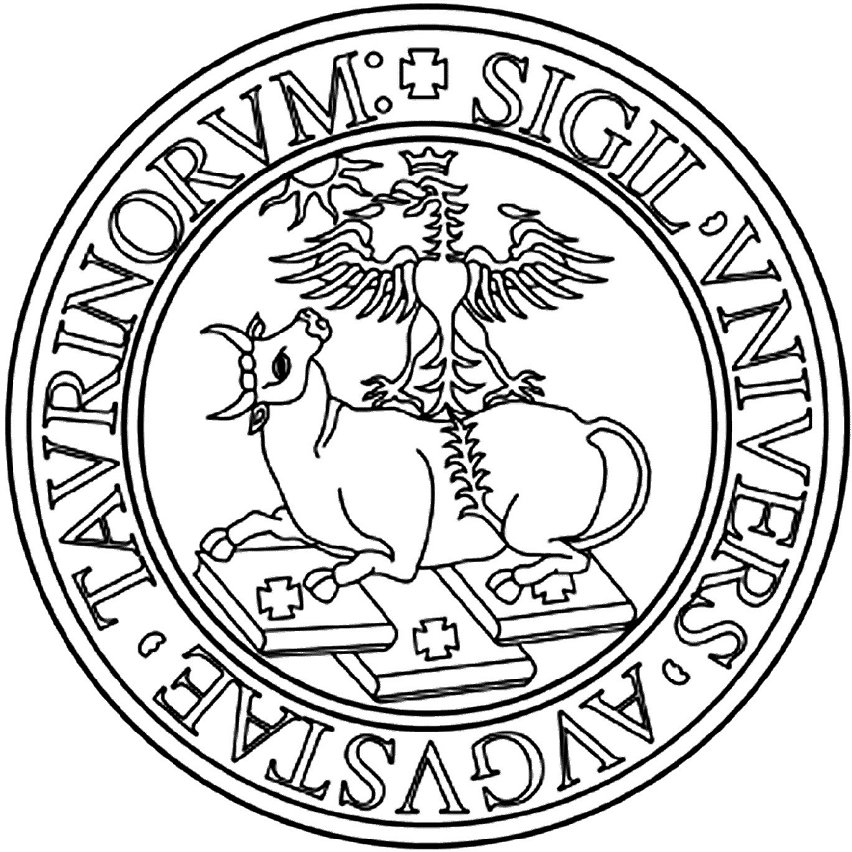 |
The University of Torino |
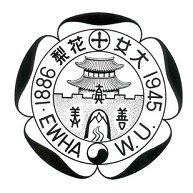 |
The Ewha Womans University, Seoul, Korea |
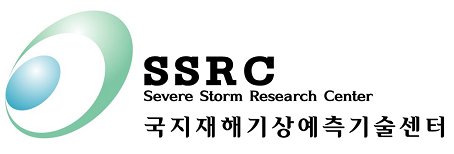 |
The "Severe Storm Research Center" of Ewha Womans University |
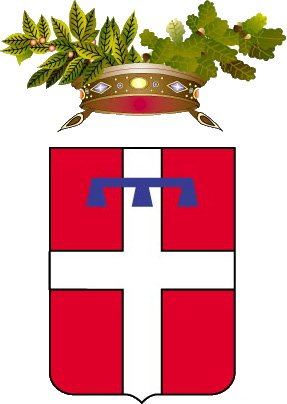 |
The Assessorate for Environment of the "Provincia di Torino" |
 |
Regional Museum of Natural Sciences, Torino |
 |
The "Regione Piemonte" |
 |
The "Provincia di Torino" |
 |
The "Regione Piemonte" |
- Prof. Claudio Cassardo, University of Torino, Italy
- Prof. Seon Ki Park, Ewha Womans University,
Seoul, Korea
- Ms. Nan-Young Baek, e-mail:
baeknanyoung_AT_hanmail.net
- Prof. Claudio Cassardo, phone +39-011-6707407, fax +39-011-658444, e-mail: cassardo_AT_ph.unito.it